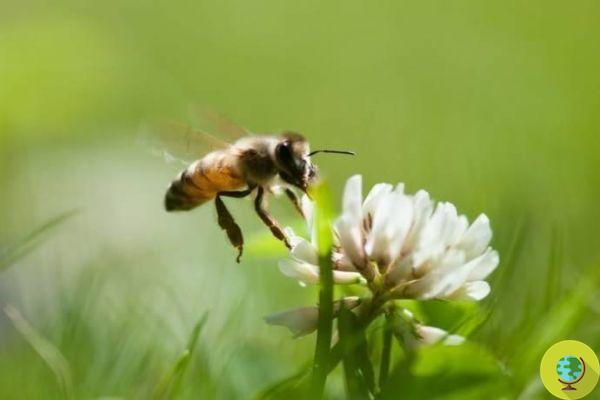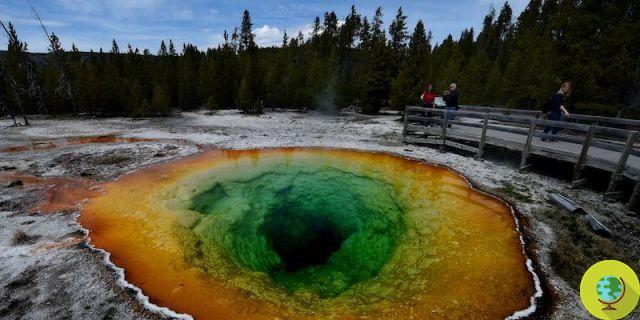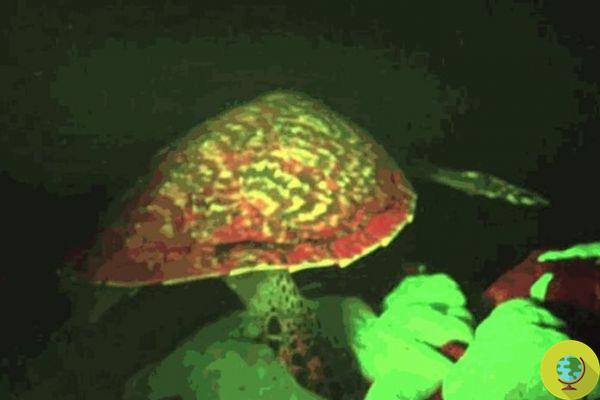
Bees stop buzzing during solar eclipses. The phenomenon was observed on August 21, 2017 in the USA, when the Sun became completely black for a few minutes, and reported by a research group from the University of Missouri.
He is about to end up run over, his mother saves him
Bees stop buzzing during solar eclipses. The phenomenon was observed on August 21, 2017 in the US, when the Sun became completely black for a few minutes, and reported by a research group from the University of Missouri.
A unique biological phenomenon, which involves one of the most fascinating and indispensable species for life on Earth, the bees. Millions of Americans stopped that August afternoon to observe our darkened star, one of the most exciting phenomena that nature can give us. And in that very particular moment these extraordinary insects also "stopped".
During the eclipse, the researchers went into action assisted by about 400 people: scientists, volunteers and students, even elementary schools (over 200), as well as teachers from Missouri, Idaho and Oregon, including some from Columbia Public Schools in Missouri.
All to observe the behavior of bees. In each of the 16 'lookout' positions, microphones were placed near pollinated flowers and away from human-generated noise. And at the peak of darkness everyone has listened to the silence.
But why? "Darkness in the middle of the day is not something that happens in the normal life of a bee - explains Candace Galen, lead author of the research - It is a Behavioral "error". Darkness is a signal for the night that a bee is used to, but it comes at the wrong time of day ”.
Previous research has shown that these insects usually fly slower at dusk and return to their colonies at night. In this study, the researchers actually found that even though they completely stopped the hum during wholeness, they continued to fly during the low-light periods that occur in partial eclipse phases. So, in other words, bees interpret the eclipse like the night. How to blame them
Wonderful bees, they will never cease to amaze us.
The work was published in Annals of the Entomological Society of America.
Read also:
- Bees understand the concept of zero
- The paper that saves bees: the ingenious invention to feed hungry pollinators all over the world
- Bees, wasps, bumblebees and Co: our nice guide to recognize 'stinging' insects?
Roberta de carolis


























